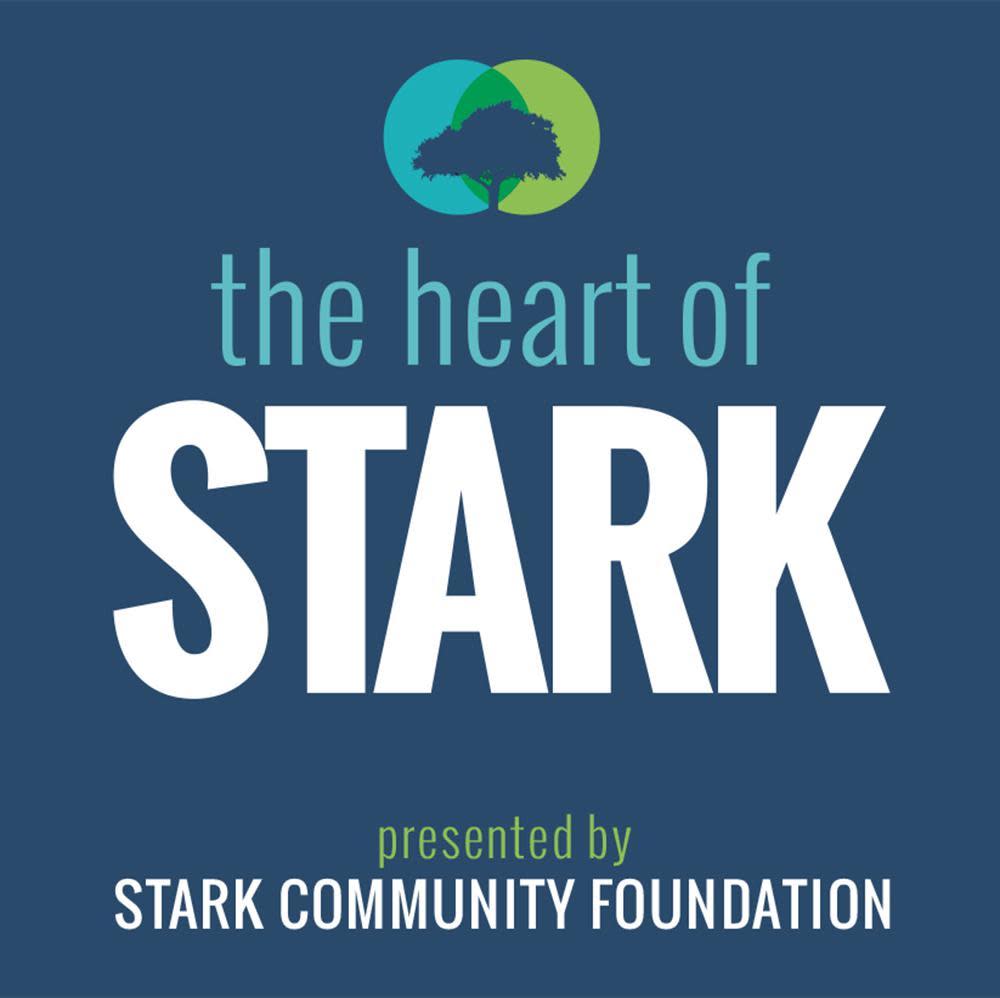Heart of Stark: Child & Adolescent Behavioral Health addresses athlete mental health

In partnership with The Repository, every Monday, Stark Community Foundation highlights positive happenings in our community. Here’s to Good News Mondays!
Child & Adolescent Behavioral Health is partnering with Stark County graduate Dr. Steve Graef, a Columbus-based sports psychologist and performance coach, to guide local coaches, athletes and parents in monitoring student-athlete mental health.
Through a video series called "Ask Dr. Steve,” Graef discusses tips and strategies to help athletes stay strong and mentally fit. Tip sheets are also provided to reference throughout the sports season and the rest of the year.
More Heart of Stark:Valentine Project sends love, all year long
More Heart of Stark:National NeighborWorks training provided for local leaders
Graef graduated from Lake High School in 2000, where he was an all-state defensive lineman with a goal of playing for a Division I college football team. He thought his dreams were coming true when Ohio State University offered him the opportunity to be a preferred walk-on with the chance to earn his place on a team, but his four years as a Buckeye were more transformative than anything else.
The challenges he faced while training with the team led him to his life’s work as a sports psychologist, and inspired him to help other athletes take care of their own mental health and well-being. Today, Graef is the owner of Mindurance, a collection of mental fitness communities dedicated to helping like-minded people develop mental fitness through virtual group coaching and online community.
“In the same way that you do things to take care of your physical health, it is important to practice strategies for taking care of your mental health,” said Graef. “Athletes with greater self-awareness are better able to cope with stress in general and better able to bounce back when facing defeat or setbacks. Having good mental health helps athletes to adjust and adapt when they face obstacles.”
Recently, athletes at all levels have spoken out about the mental effect of sports. This Ask Dr. Steve program is not only designed to help athletes stay mentally fit and recognize when they are struggling, but also for their parents and coaches to be stronger sources of support.
“One way for coaches to monitor their athlete's well-being is to take a little time each week and do a brief check-in with each athlete,” said Graef. “Coaches can ask the athlete how they are doing as an individual and a teammate, and by watching and listening, coaches can identify any changes that raise concerns.”
More now than ever, parents also need to help their athletes learn coping strategies and ensure they are using them to maintain a healthy mindset. Stronger mental health helps young people to perform better athletically, academically and socially.
Graef advises parents to “acknowledge, validate and empathize with the reality of what they're going through. The stress is real and life isn't fun when you're under all that pressure.”
Learn more about the program and view the videos and tip sheets at www.childandadolescent.org/athletes-strong-for-mental-health.
The Stark Community Foundation helps individuals, families, businesses and nonprofits achieve their philanthropic goals through a variety of charitable funds and strategic initiatives. Ranked in the top 10% of community foundations in the country, the foundation and its family of donors have granted $215 million to nonprofits since 1963. Learn more at www.starkcf.org.
This article originally appeared on The Repository: Child & Adolescent Behavioral Health addresses athlete mental health

